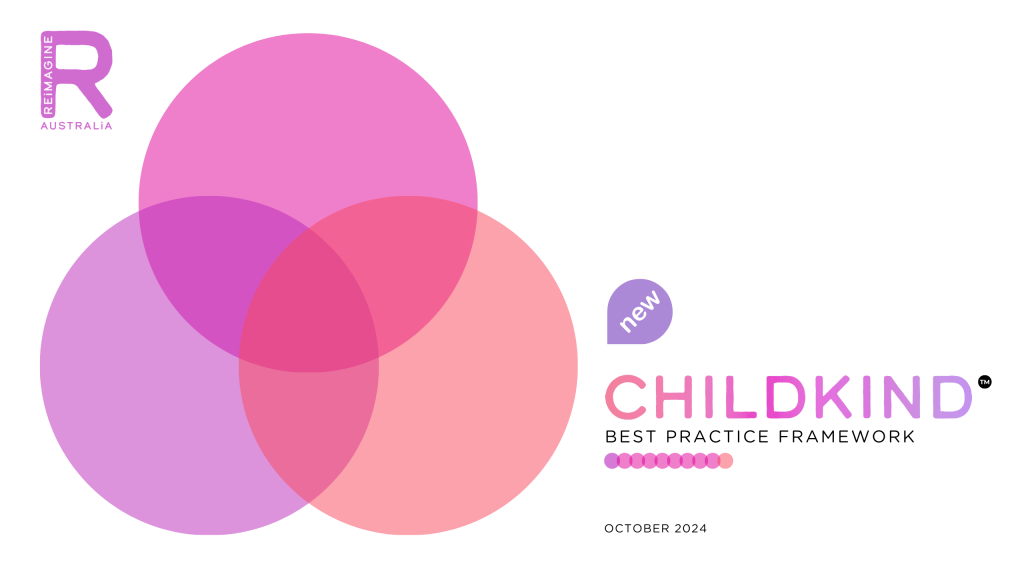KEY COMPETENCY 6.1 – BE AGILE
“I will regularly review and adjust my process reflecting on the outcomes of my adaptive practice to best serve children and families.”
Monitor and Evaluate is the first competency under the ‘Be Agile’ Way of Working, and relates to the ‘design and delivery of services and supports‘ phase of the child’s early developmental support journey. It is important for:
Measuring Progress: Regular monitoring allows practitioners to assess the effectiveness of interventions, ensuring that children are making meaningful progress toward their goals.
Informed Adjustments: Evaluation enables practitioners to identify what works and what doesn’t, facilitating timely adjustments to strategies and supports as needed.
Accountability: A structured monitoring process fosters accountability among practitioners, ensuring they remain focused on delivering high-quality, evidence-based care.
Continuous Improvement: By evaluating outcomes, practitioners can refine their practices and contribute to a culture of ongoing learning and enhancement.
Monitoring and evaluating involves regularly assessing the effectiveness of supports and making adjustments as needed to ensure that they continue to meet the unique needs of children and families. It requires practitioners to remain flexible, responsive, and committed to continuous improvement.
Research highlights the importance of continuous monitoring and evaluation in early childhood settings, particularly in ensuring the delivery of high-quality, adaptive care. Australia’s National Quality Framework (NQF) also emphasises the role of ongoing evaluation as part of maintaining high standards in early childhood education and care.
Research and Further Reading:
Tollan K, Jezrawi R, Underwood K, Janus M. A Review on Early Intervention Systems. Curr Dev Disord Rep. 2023;10(2):147-153. doi: 10.1007/s40474-023-00274-8. Epub 2023 Feb 18. PMID: 36845328; PMCID: PMC9937857.
Australian Children’s Education and Care Quality Authority (ACECQA). (2020). Guide to the National Quality Framework. https://www.acecqa.gov.au/nqf/national-quality-framework
Ryder, G. and Robson, J. (2023). Young children as citizens: learning from practice in the early childhood setting. Journal of childhood Education & Society, 4(2), 114-123. https://doi.org/10.37291/2717638x.202342263
COMPETENCY MILESTONES
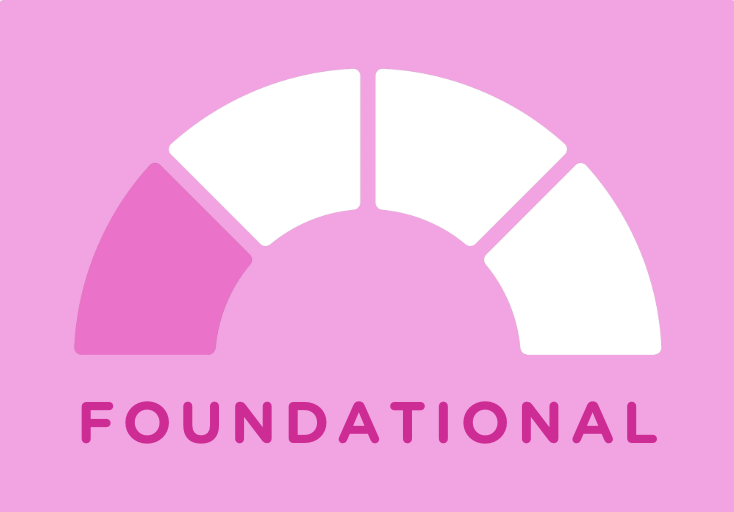
I am able to:
Regularly check and record outcomes of adaptive practices to ensure alignment with goals.
Follow established protocols for monitoring processes and gather feedback from children, families, and team members.
Document observations and identify areas for potential improvement based on standard criteria.
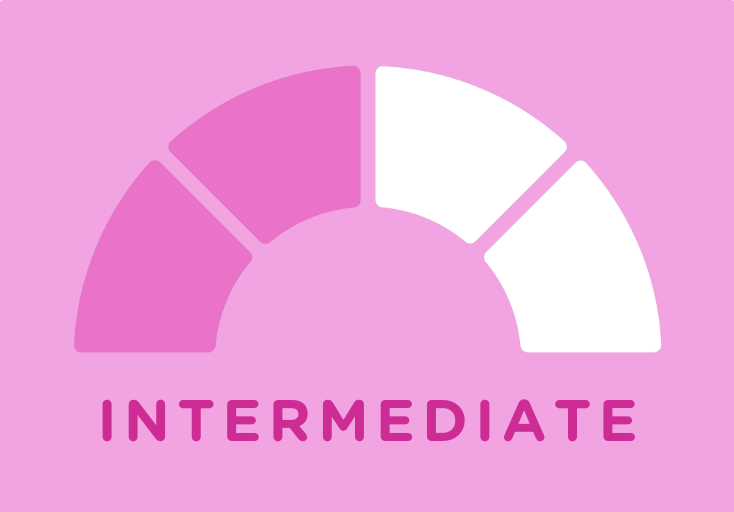
I am able to:
Analyse feedback and outcomes to assess the effectiveness of adaptive practices.
Make informed adjustments to processes based on systematic evaluation and feedback from various sources.
Use monitoring tools and techniques to ensure that changes effectively address the needs of children and families.
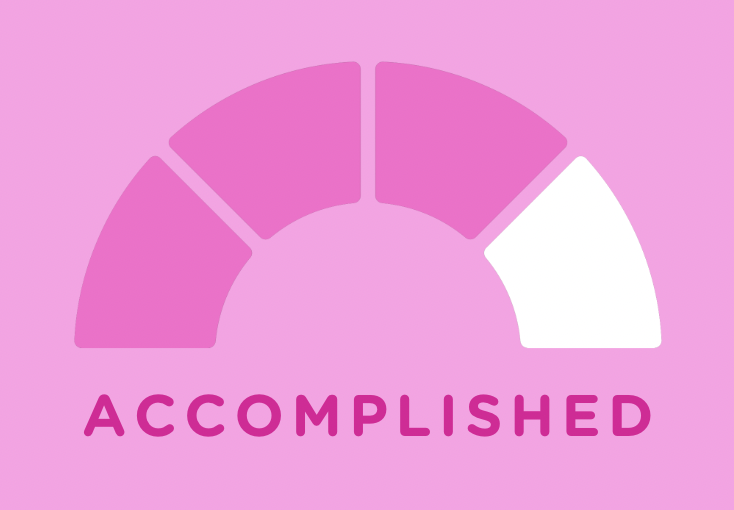
I am able to:
Conduct comprehensive reviews of adaptive practices, integrating feedback from multiple stakeholders.
Implement strategic changes to improve processes and outcomes, based on thorough evaluation and analysis.
Lead discussions on outcomes and adjustments with team members and families, ensuring transparency and collaboration.
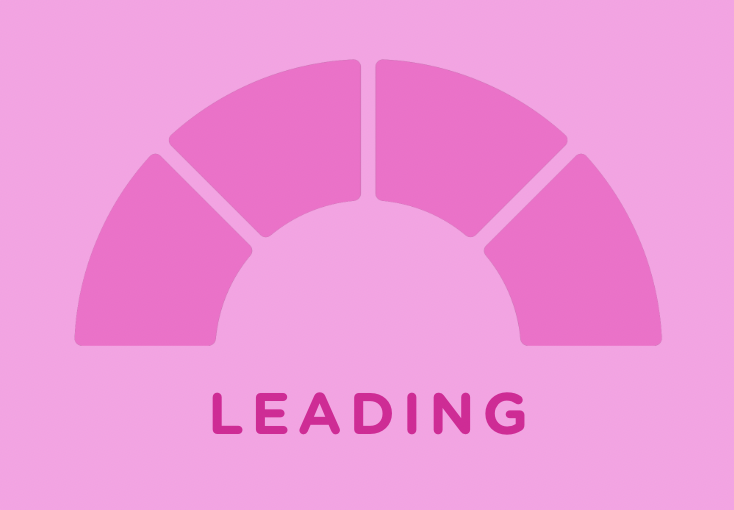
I am able to:
Develop and implement advanced monitoring and evaluation strategies that enhance adaptive practices.
Drive continuous improvement by integrating innovative approaches and emerging best practices into the review process.
Mentor others in effective monitoring and evaluation techniques, promoting a culture of reflective practice and ongoing enhancement.
Reflection questions are a valuable tool for practitioners, promoting self-awareness, critical thinking, continuous improvement, and stronger relationships in their work with children and families. Below are some reflection questions for Key Competency 6.1: Monitor and Evaluate:
How do I regularly monitor the effectiveness of my interventions?
What tools do I use to evaluate progress, and how do I involve families in the process?
Have I made adjustments based on the feedback and outcomes observed?
Monitoring and evaluation are key to maintaining high-quality early childhood support, ensuring that practices remain responsive and effective.
(Harrison, 2021, p. 47).
Access more information on the ChildKind Best Practice Framework with its 10 Ways of Working, 30 Key Competencies and 8 supporting Values and Behaviours here:
